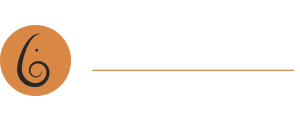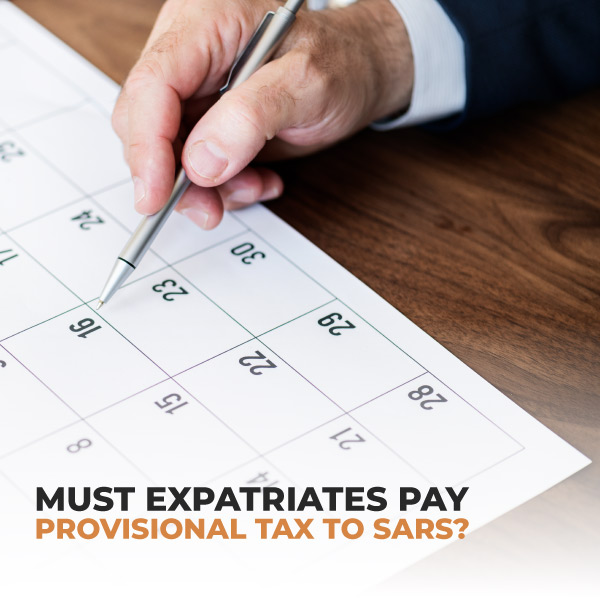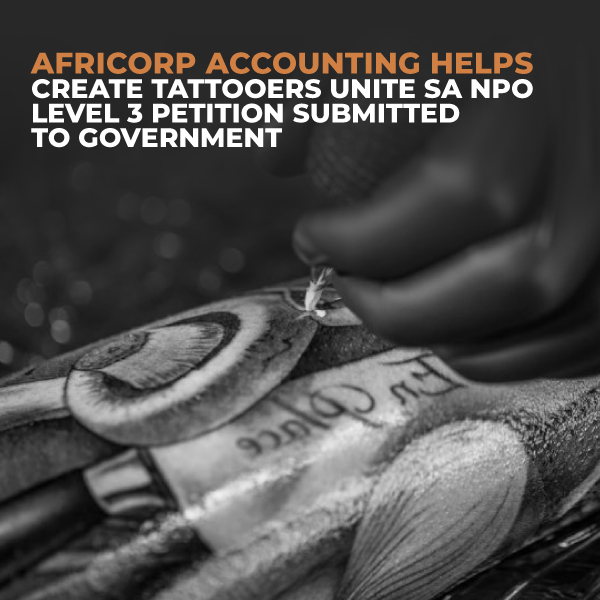MUST EXPATRIATES PAY PROVISIONAL TAX TO SARS?
With the first provisional tax payment being due on 31 August 2020, there is some confusion regarding whether expatriates are deemed to be provisional taxpayers by the South African Revenue Service (SARS) or not. Reabetswe Moloi, Expatriate Tax Attorney at Tax Consulting SA, says that an expatriate may be regarded as a provisional taxpayer if their employer isn’t registered for PAYE in South Africa.
South Africans working abroad are likely working for employers who aren’t registered for employees’ tax with SARS. In this case, they will be classified as provisional taxpayers and are obliged to submit a provisional tax return. As of 1 March 2020, provided they meet the requirements, only the first R1,25 million earned by a South African tax resident working abroad will be exempt from tax. Therefore, South African expatriates who remain tax residents and who either earn above the R1,25 million exemption or who do not qualify to claim the exemption should anticipate to have to pay their first provisional expat tax in August 2020” says Moloi.
Which expatriates are paying provisional tax, and why?
In South Africa, provisional taxpayers are people who earn income other than a salary. Consequently, most salary earners do not pay provisional tax, but if a person earns extra income such as rental income from a property or other income from a trade, they will be a provisional taxpayer, even if they also receive a salary. This general rule, however, doesn’t apply to expatriates who only earn foreign employment income.
“In terms of the Fourth Schedule of the Income Tax Act, a provisional taxpayer is defined as any natural person who derives income, other than remuneration or a natural person who derives remuneration from an employer who is not registered for employees’ tax. Therefore, despite only earning a foreign employment income, where the employer of an expatriate is not registered for employees’ tax, the expatriate will be regarded as a provisional taxpayer and will be liable to submit a provisional tax return and make payment accordingly to SARS” says Moloi.
The benefit of provisional tax is the ability to plan and save.
Provisional tax is not a separate tax that is different to income tax. It is merely a system that requires taxpayers to provide for their final tax liability in advance.
“Where a locally registered employer would have withheld tax, the taxpayer would find – upon assessment – that their tax liability is settled. Where a foreign employer does not withhold tax to be paid over to SARS, provisional tax ensures that the taxpayer’s tax affairs are up to date on a biannual basis and their tax liability is paid over to SARS in two separate payments in a year. Provisional tax encourages tax planning and gives expatriates the ability to anticipate what their tax liability will be,” says Moloi.
Tax Consulting South Africa offers an Expatriate Calculation Service that helps provisional taxpayers ensure they are exercising due diligence on their tax affairs. “The Calculation Service takes everything from fringe benefits and exchange rates to bonuses and tax credits into account to help expatriates plan and save for any tax liabilities they may have,” concludes Moloi.




